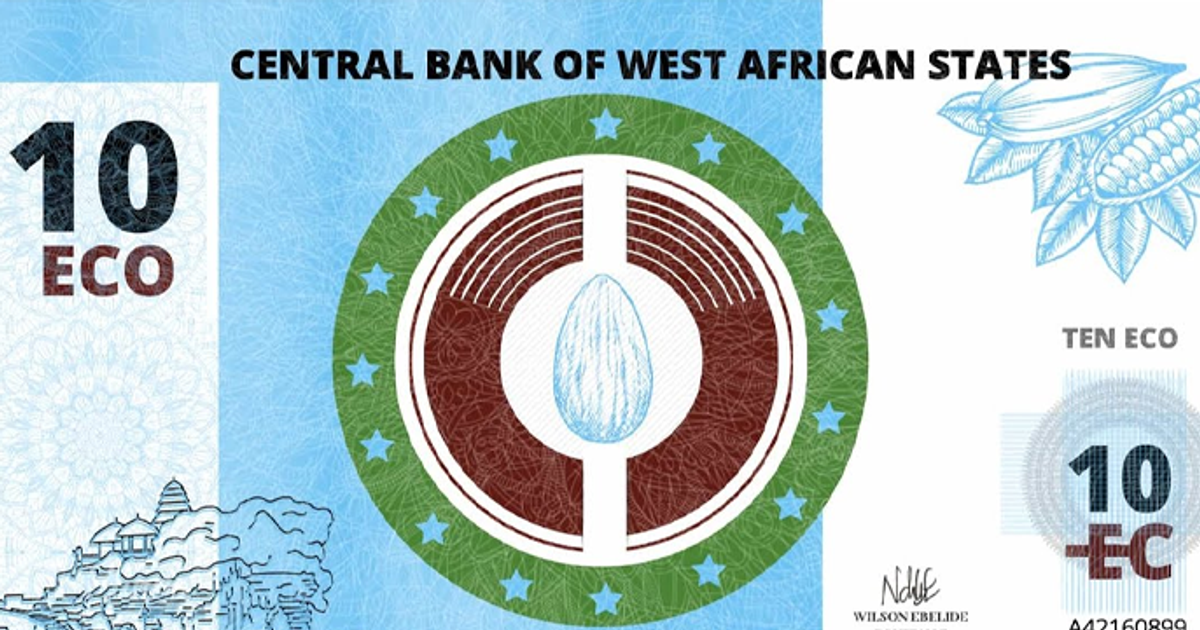
The Economic Community of West African States (ECOWAS) has announced a decisive step toward deeper monetary integration with the planned launch of its long-awaited single currency, the ECO, scheduled for 2027.
The announcement came from ECOWAS Commission President Omar Alieu Touray during a meeting with Gambian President Adama Barrow in Banjul, marking a pivotal moment after two decades of anticipation and multiple delays.
According to reports from RT, the project is now moving firmly from aspiration to implementation.
A notable shift in strategy was revealed: instead of waiting for all fifteen member states to meet stringent economic convergence criteria, ECOWAS will proceed with the countries ready to adopt the ECO initially.
Member states lagging behind in reforms will receive targeted support to catch up.
This flexible approach aims to overcome the economic and fiscal disparities that have long hindered progress.
“This new strategy could accelerate a process long hampered by economic and budgetary disparities between member countries,” analysts note. It also aligns with growing expectations from populations and businesses in the region who seek a more integrated and efficient market.
However, the introduction of a common currency is far from straightforward. It demands significant technical adjustments and profound political decisions, particularly concerning monetary policy, exchange rate regimes, and the future role of national central banks.
Despite these challenges, ECOWAS’s commitment to launching the ECO could reinvigorate regional integration efforts, enhancing economic autonomy and cooperation at a crucial time for West Africa and the continent as a whole.
With several African regional blocs striving to bolster economic independence, ECOWAS’s move may set a powerful precedent and transform the economic landscape of West Africa.



